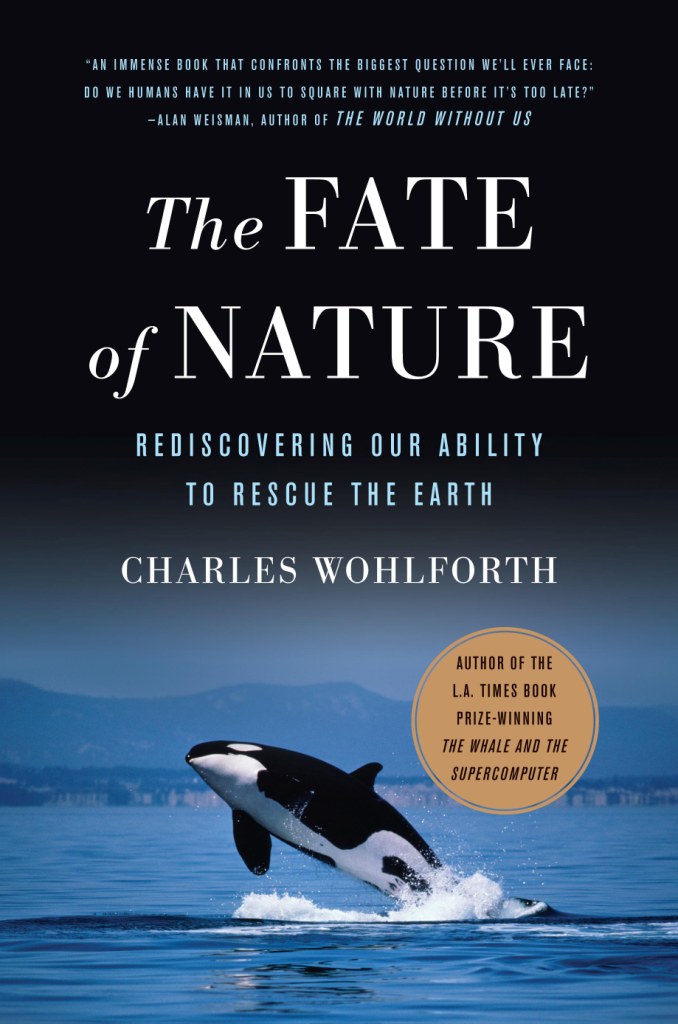
The structure of the book is one of its most appealing features and makes it a pleasant read. He employs a variety of narrative formats to tackle an array of topics, all of which in the end converge to one place: the ocean. Because it is the ocean, which humans once thought was limitless, that concerns Wohlforth.
“The ocean can represent the vast, complex and fragile living world outside ourselves, giving context to what we see withinâ€, writes Wohlforth. He often writes like that, like a fiction writer, sometimes a poet, to appeal to the heart while also providing fodder for the brain. If we took the BP oil spill in the Gulf and the increasing tendency to drill oil off-shore, Wohlforth is, in fact, very timely (he was a lead reporter with the Anchorage Daily News during the Exxon Valdez oil spill in 1989).
But what stayed with more vividly is Wohlforth’s historical deconstruction of greed and the ideology of dominion that has been informing the way we live for centuries now. We feel we are entitled to conquer everything, to plumb whatever is left in the so-called wild. Wohlforth gets quite nationally specific when he traces American individualism back to the competitive model of human nature, which became an unquestioned standard whereby government and society guide themselves, as if it is the only way.
“Hobbes view of humanity prevailed over Grotius’s natural law and introduced the subjective individualism that is the rationale for the legal system that we live under todayâ€, says Wohlforth, by which he means that the right to self-preservation and, in a way, to owning things, precedes everything. The trouble is that those left out of the law, such as indigenous people and wildlife (often treated in similar ways) are exposed to what Wolhforth calls ‘a state of war’, with no protection for their land and freedom. Under this rationale, might is right.
Having just come back from a press trip to the Amazon, where, alongside a group of journalists, I had the chance to encounter the vastness of the rainforest, I can understand better Wolhforth’s book, which I read before traveling.
In order to reverse the relentless march towards a global environmental collapse, we need to rediscover our communal vocation, our priorities and allow our altruist nature to win out against greed and individualism. That is, in essence, what Wolhforth says with this book. What’s not to like about such worldview?
The Fate of Nature is out on Thomas Dunne/St. Martin’s Press. Recommended price: $27.99. To buy a copy, please visit: The Fate of Nature.





